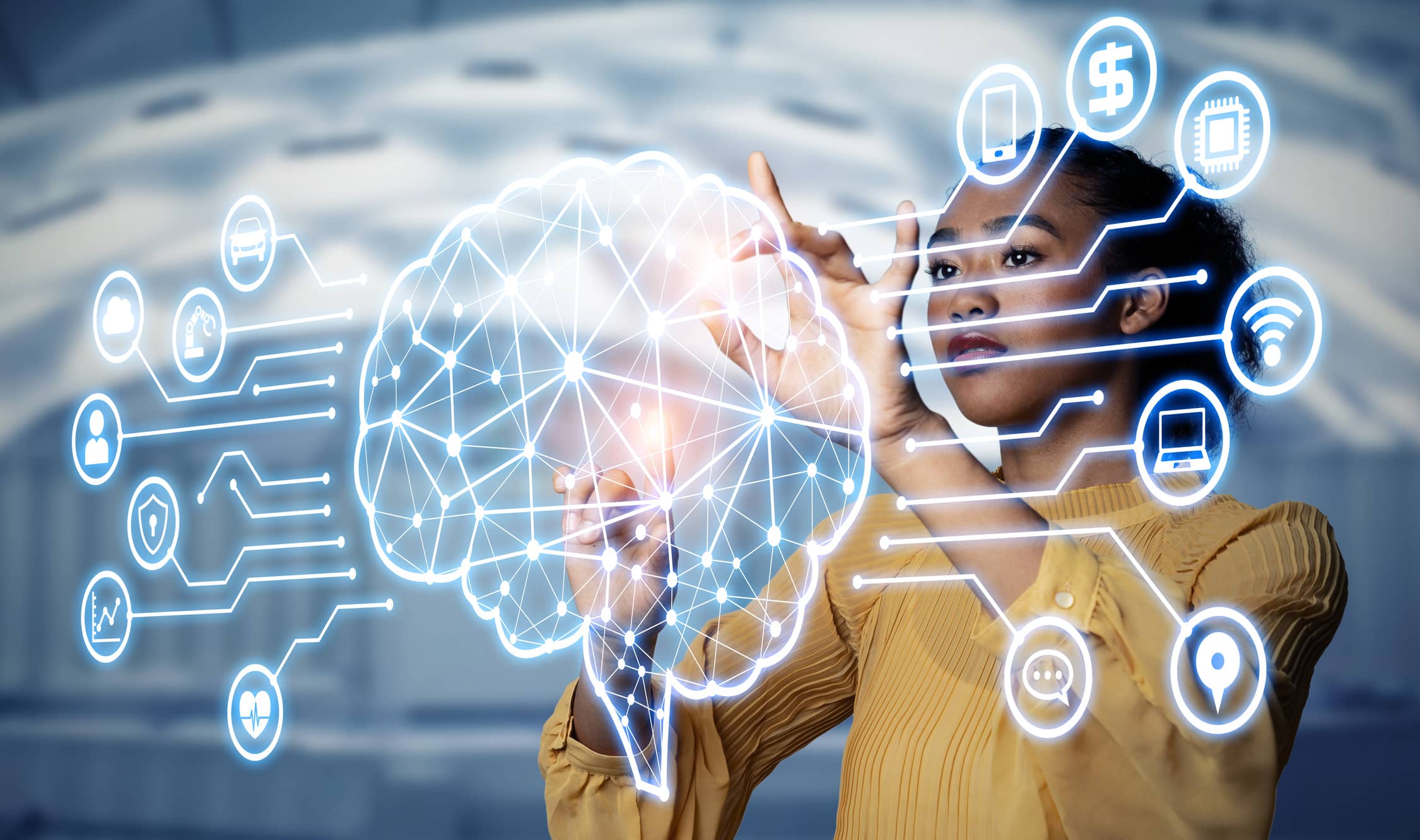We no longer stand on the threshold of an AI-powered future—we already live in it. Artificial Intelligence (AI) now influences everything, from the ads we see and the routes we drive to the diagnoses we receive and the public policies we navigate.
As AI becomes more integrated into everyday life, the conversation must move beyond innovation and capability. We must ask a harder question: Can we trust it?
The answer begins with one often-overlooked word: testing.
AI systems are not like traditional software. They don’t simply follow pre-written instructions. Instead, they learn, adapt, and evolve by processing massive data. That’s what makes them powerful, but also unpredictable. Without proper oversight, they can make decisions that are biased, inaccurate, or even dangerous.
Today, rigorous algorithmic testing must become central to how we design, deploy, and govern AI. This is not just a technical necessity—it’s a moral and societal imperative.
Loading...
Unlike traditional tools, AI systems are dynamic. They grow and adapt based on the data they’re fed. That adaptability comes at a cost: it’s hard to predict how these systems will behave, especially when used in new or high-stakes environments. As a result, we need to know if AI will reinforce or challenge existing societal biases. Also, can we explain how decisions are made by “black box” systems? Are these systems secured against manipulation or adversarial attacks?
Addressing these concerns requires a shift from basic functionality checks to multi-dimensional testing that evaluates how AI performs, under what conditions, and for whom.
Five pillars should guide this process:
- Performance testing: AI should be stress-tested in extreme and adversarial conditions to identify vulnerabilities that could lead to failure in real-world scenarios.
- Fairness and bias testing tools must be used to identify and mitigate bias across gender, race, class, and other social dimensions to prevent discriminatory outcomes.
- Explainability testing: People must understand how and why AI systems make decisions. This is essential for public trust and regulatory accountability.
- Robustness testing: AI must work with incomplete or noisy data and adapt to shifting real-world conditions without compromising performance or safety.
- Compliance testing, meaning AI must follow legal and ethical standards. Compliance should be built into the system, from data protection to fairness regulations, not retrofitted after deployment.
Nowhere is the need for rigorous AI testing more urgent—or more overlooked—than in Africa. The continent is increasingly embracing this technology to tackle development challenges: improving agricultural productivity, enhancing healthcare, broadening education access, strengthening financial inclusion, and improving governance. But if not properly tested, they may do more harm than good.
African datasets are often smaller, fragmented, and reflect deeply embedded inequalities. AI models trained on such data—or worse, on data from other regions—can easily produce biased or ineffective results. They might misinterpret dialects, ignore cultural nuance, or overlook contextual realities.
Without explainability and fairness checks, these systems could entrench existing discrimination into everything from credit decisions to public service delivery.
Moreover, the digital literacy landscape in Africa is diverse. Adoption will lag if people don’t understand how or why AI systems make decisions, and trust will erode. The continent needs context-aware and inclusive AI governance frameworks that support local expertise, prioritize fairness, and embed transparency and accountability.
International partnerships must avoid ‘data colonialism’ and instead elevate African voices, priorities, and innovations.
We often hear that AI is the future. But the truth is, the future is already here. And it’s time we took its risks as seriously as we do its rewards.
Algorithmic testing must become the foundation of trustworthy AI. It’s not just an engineering task—it’s an ethical safeguard. It ensures that intelligent systems serve society, not undermine it. It is how we earn the public’s trust, prevent harm, and ensure that AI technologies are reliable, fair, and aligned with human values.
For Africa, getting this right is not optional. It’s a chance to lead in AI adoption and show the world how to build technology that truly works for everyone.
Loading...
